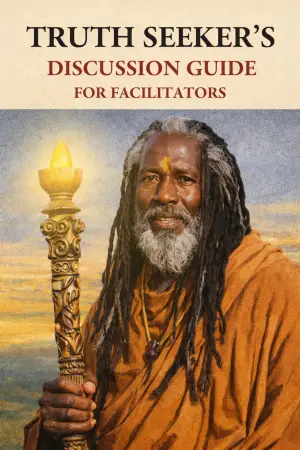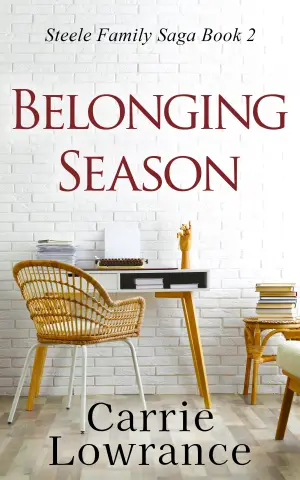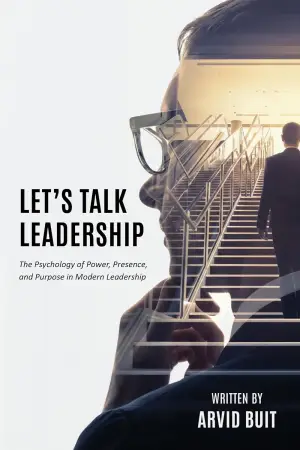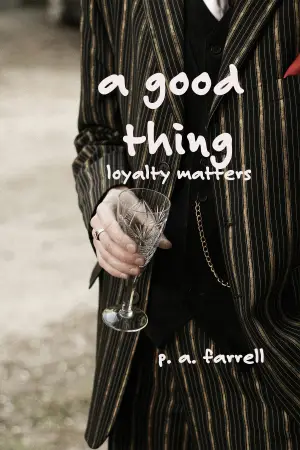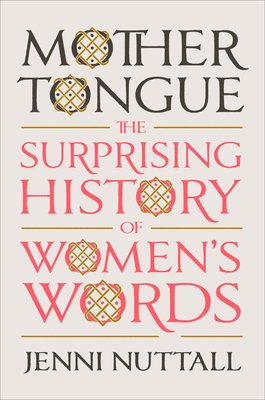
13 May Book Review of Mother Tongue: The Surprising History of Women's Words
Exploring the Nuances of Language: A Review of Mother Tongue: The Surprising History of Women’s Words by Jenni Nuttall
As a lover of language and its many intricacies, Jenni Nuttall’s Mother Tongue: The Surprising History of Women’s Words caught my attention immediately with its poignant title. The exploration of women’s language—words specifically associated with our lives, experiences, and history—seemed like a treasure trove waiting to be unearthed. And while I approached it anticipating an enlightening journey through etymology, I finished the book with a sense of intrigue mixed with a touch of disappointment. Ultimately, my late-night reading session completed the experience on a high note, leading me to a solid 3.5-star rating.
Nuttall’s first foray into non-academic writing is strikingly engaging. Right from the onset, her blend of personal anecdote and historical analysis draws you in. While I appreciate her effort to veer from the academic strictness often associated with etymology, the first-person narrative and personal opinions feel both fresh and somewhat mismatched against the book’s scholarly intent. As she gently guides us through categories ranging from female anatomy to the complexities of motherhood, the tone remains accessible, though perhaps not as witty as predecessors like Bill Bryson or John McWhorter.
The book’s ingenious structure categorizes women’s words by function and life stages, creating a rich tapestry of language evolution. The early discussion on the etymology of female anatomy—how we transitioned from “stones” to “ovaries”—was particularly fascinating. Such insights reflect historical beliefs that women were merely "inside-out" versions of men, a thought that unsettles yet captivates. Nuttall highlights how language shifts throughout time, skillfully weaving stories of menstruation, birth, and even social occupations into her narrative.
One moment that struck me was the exploration of the word "ghyrl," which originally applied to any prepubescent child. The slow evolution of our vernacular made me reconsider the language I frequently encounter in classic literature, igniting a curiosity to revisit Shakespeare with this newfound lens. The book does grapple with significant themes—violence, nurturing, and societal roles—but occasionally feels like it leaves threads hanging, particularly in discussing historical shifts due to conquests and cultural changes.
While I understood her decision to focus solely on English before the early 20th century, I wished for a broader examination of how modernization has altered language, especially with contemporary terms inspired by technological advancements. I found myself yearning for more in-depth discussions of modern expressions related to women’s experiences, suggesting to readers that this book paints an impressionist picture rather than a photo-realistic one.
To wrap up, Mother Tongue may not be the perfect introduction to etymology—it’s best suited for those who already have a burgeoning interest in language, perhaps after engaging with Bryson or Kory Stamper. However, for anyone who appreciates the whimsical evolution of words, this book will provide a charming, if occasionally meandering, exploration. As I reflect on my reading experience, Nuttall’s work has left me pondering the ever-changing dance of language and identity—an adventure that is bound to resonate with fellow word lovers.
Discover more about Mother Tongue: The Surprising History of Women's Words on GoodReads >>




